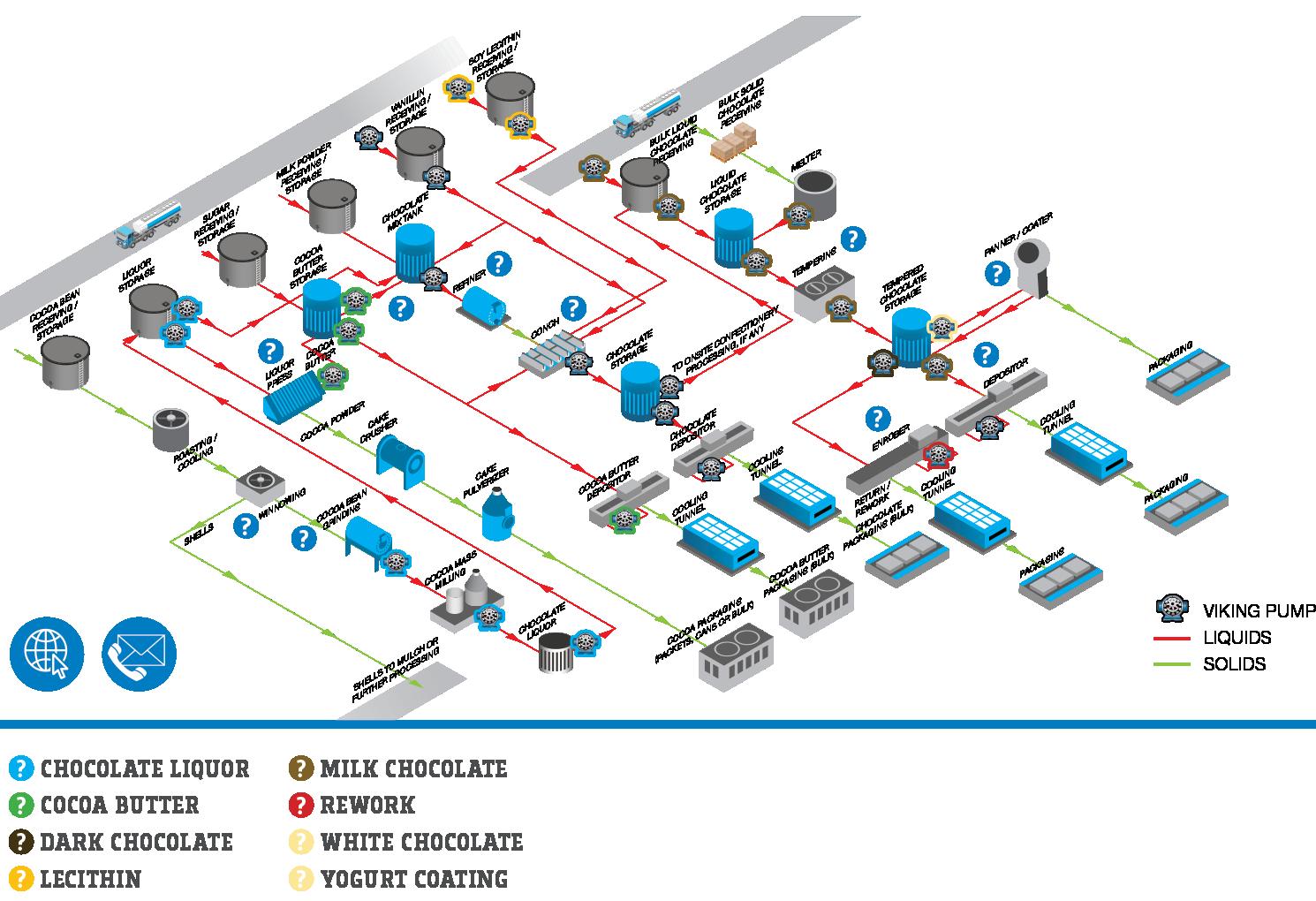
2 minute read
SPOTLIGHT TECH LANXESS
Expands Its Range for PFAS Removal from Water
With the new macroporous anion exchange resin Lewatit MonoPlus TP 109, specialty chemicals company LANXESS is expanding its range of selective resins for the efficient removal of contaminants such as per- and polyfluoroalkyl substances (PFAS) from water. The resin debuted in November at the Aquatech international trade show in Amsterdam, the Netherlands.
“Ion exchange resins have proved themselves over many years and all over the world as a reliable and efficient means of removing contaminants from water. Ion exchange and adsorption processes sometimes even have a cooperative effect,” said Dr. Dirk Steinhilber, Technical Marketing Manager in the Liquid Purification Technologies business unit.
“Lewatit MonoPlus TP 109 is especially suitable for the purification and remediation of water with PFAS concentrations exceeding 10 ppb. As an integral part of our range of resins, it helps us to develop custom solutions for removing PFAS,” he added.
In addition to its high selectivity, the macroporous resin exhibits good kinetics and high fouling resistance. Furthermore, the uniform bead size ensures improved hydraulics. It can be efficiently regenerated with tried-and-tested regeneration chemicals such as methanol and sodium chloride.
“Especially with higher PFAS concentrations in water, this is a crucial benefit – not least because it allows the resin to be used sustainably,” said Steinhilber.
Lewatit MonoPlus TP 109 efficiently binds not only different PFAS but also complex anions such as nitrate, bromate, chlorate and perchlorate so that they can then be reliably t Diagrams showing the purification processes for wastewater and leachate with high PFAS concentrations and groundwater with low PFAS concentrations using a one- and two-stage ion exchange process. LANXESS removed from water. It can even remove chlorate from concentrated sodium hydroxide.
Working Together Against PFAS Contamination
In addition to the newly presented Lewatit MonoPlus TP 109, LANXESS offers a range of other selective resins for removing PFAS and that can also be combined for pre-cleaning and final polishing.
The heterodisperse, gel-type, strong base anion exchange resin Lewatit TP 108 DW helps to remove PFAS – especially short-chain members of this substance class – even in concentration ranges of less than 10 ppb and, thanks to its extremely high selectivity, into the ppt range. At a fire service training site in Australia, for example, up to 200 ppb of PFAS were removed from more than 50 million liters of groundwater over the course of many months. Due to the high usable capacity and correspondingly long service lives even in the presence of chlorides and sulfates, regeneration is not recommended for this resin. Lewatit TP 108 DW is certified to Standard 61 of the NSF/ANSI/ CAN, meeting U.S. requirements for contact with drinking water, a key quality criterion.
As a weak base, macroporous anion exchange resin, another selective resin –Lewatit MP 62 WS – offers medium selectivity for PFAS. Thanks to its high total capacity of more than 1.7 eq/L and also its high operating capacity, it is ideal for pre-treating heavily contaminated leachate, such as can be found close to the source of contamination. This resin, too, can be efficiently regenerated, in this case with sodium hydroxide.
Finally, Lewatit K 6362 is a strong base anion exchange resin that can be used for final polishing in a two-stage process, with Lewatit MonoPlus TP 109 or Lewatit MP 62 WS being used in the first purification stage.
LANXESS is a leading specialty chemicals company with sales of EUR 8.1 billion in 2022. The core business is the development, manufacturing and marketing of chemical intermediates, additives and consumer protection products. www.lewatit.com
For details on how to submit your company’s technology for consideration as a “Technology Spotlight” in IFN , contact Ken Norberg at ken@filtnews.com or +1 202.681.2022.











